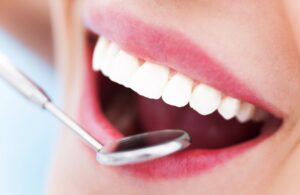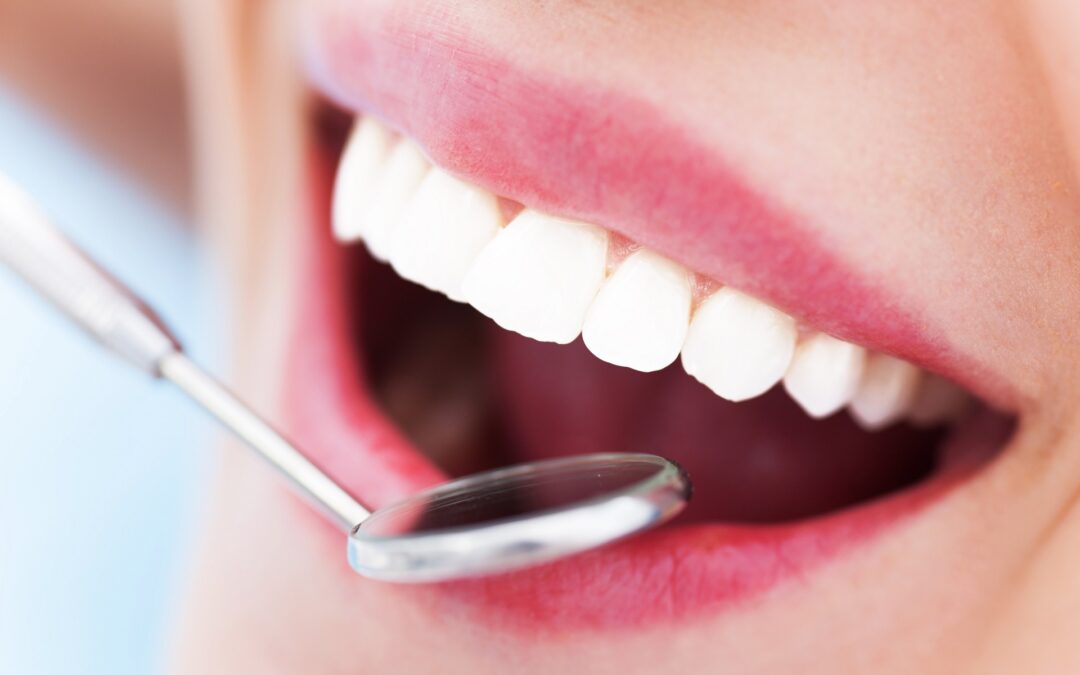 A large portion of adults today have some form of either periodontitis or malocclusion (a bad bite). It’s not surprising that adults comprise one in five orthodontic patients either, given the focus on “having nice teeth” in societal standards. While orthodontics, on one hand, can exacerbate periodontal disease, they can also reduce the symptoms. It’s important to know what your individual situation is.
A large portion of adults today have some form of either periodontitis or malocclusion (a bad bite). It’s not surprising that adults comprise one in five orthodontic patients either, given the focus on “having nice teeth” in societal standards. While orthodontics, on one hand, can exacerbate periodontal disease, they can also reduce the symptoms. It’s important to know what your individual situation is.
Many orthodontic patients have pre-existing periodontitis, and even if they don’t, the chances of developing it during orthodontic treatment are increased. It might also become worse more quickly once developed if one has orthodontics at the time.
Why it’s Important to Understand Your Periodontal Health
When braces are placed on the teeth and they begin to move, the periodontium may become compromised. If the gums or surrounding bone aren’t healthy when the teeth are moved, this can worsen existing ailments. In some patients with periodontitis, however, orthodontic treatment can actually resolve the bone pockets and allow the bones to regenerate.
If you are considering getting braces or other orthodontic treatment, it’s important that you visit us first to ensure that your teeth and jaws are healthy enough to begin treatment. Although young people are unlikely to have or develop periodontitis, the effects of this illness are more detrimental in those under 30. Those who are at high risk or who have not been evaluated in a long time should take special care before beginning orthodontic treatment.
Preventing Periodontitis
Because the risk of Periodontitis increases when one is in the process of receiving orthodontic treatment, it’s important to take any steps possible to reduce your risk. Maintaining proper oral hygiene is crucial to doing so.
Before beginning your treatment, check with us to ensure that your mouth is healthy and will not be placed at risk. Ask about any risks you might be taking by beginning orthodontic treatment, and whether any of your teeth have a poor prognosis for the future.
If you do have periodontal disease and decide to go through with orthodontics, be sure to visit us regularly to ensure that your teeth are remaining healthy.
Additionally, it’s important to tell your orthodontist whether you have dental implants or are getting one in the future. Implants, once placed, do not move like teeth do. It’s important to hold off on placing these until after orthodontic treatment is completed.
If you are working on improving your smile, both orthodontics and periodontal treatment are important parts of the process. Be sure to update your orthodontist and periodontist through every step of the process. Your mouth’s health must be kept in check during the process and it’s important to schedule regular appointments with us if you have periodontal disease or are at risk.
If you have any further questions or would like to schedule your appointment, please contact us today at 604.872.0222 (Vancouver) or 604.936.8244 (Coquitlam). We look forward to seeing you and helping you along on your journey to an even greater smile!

